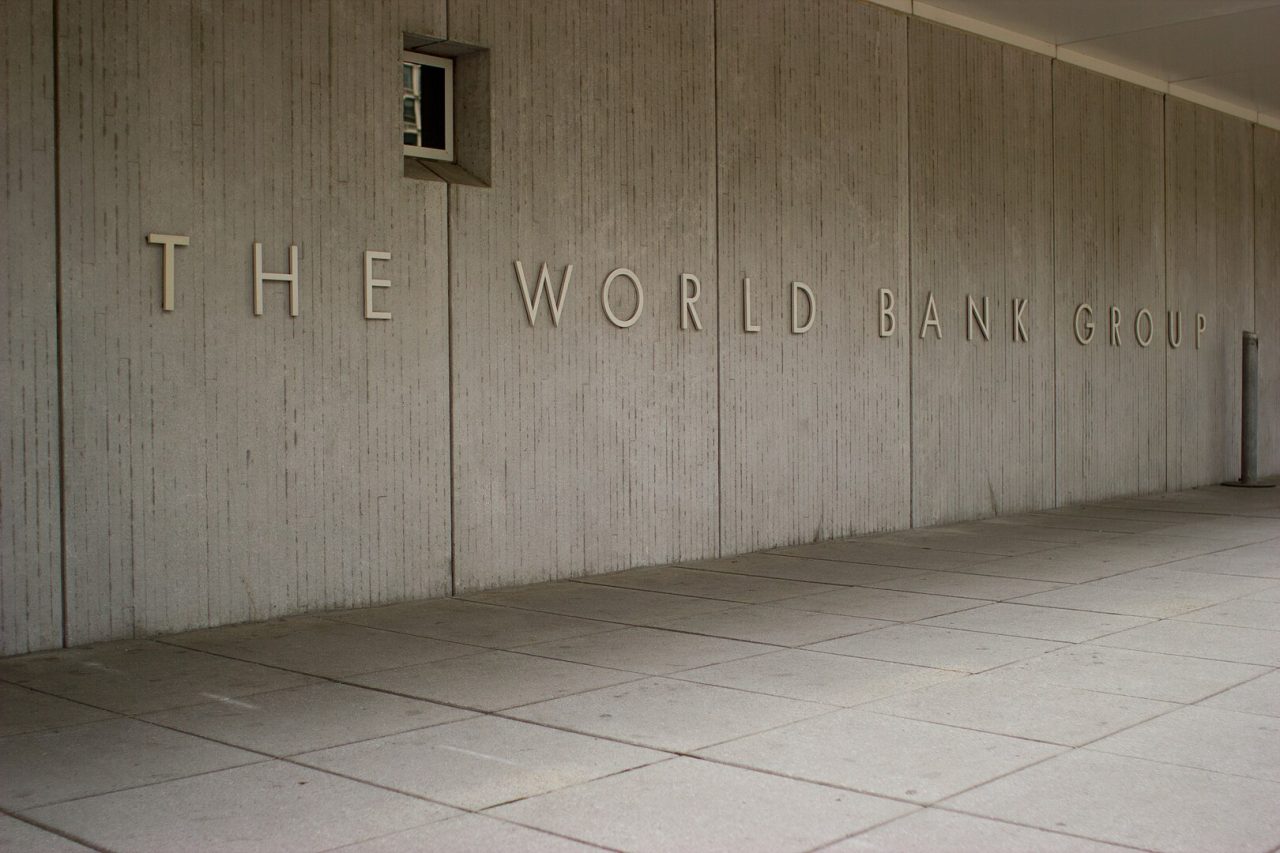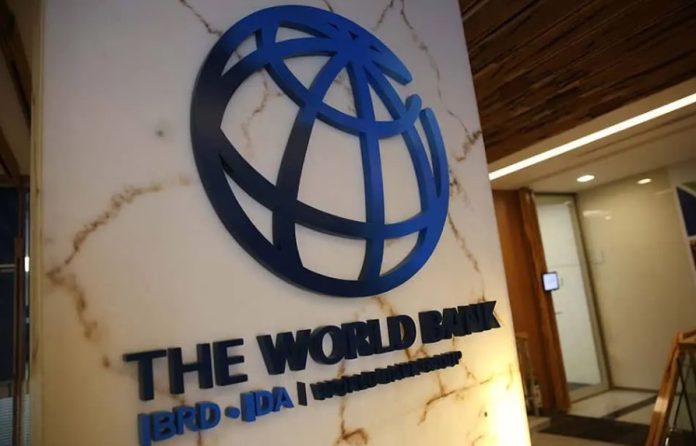World Bank President Ajay Banga affirmed the institution’s commitment to transparency, announcing plans to release additional proprietary data, including information on debt defaults, commencing the following week.
This initiative is part of a broader strategy aimed at enticing greater private sector investment in developing nations.
Speaking at the China Development Forum on Sunday, Banga highlighted the World Bank Group’s achievements, disclosing that it had successfully mobilized $41 billion in private capital for emerging markets and facilitated an additional $42 billion through private sector bond issuance in the previous year.
These figures are projected to be surpassed in the current year.
Despite these accomplishments, Banga emphasized the necessity for further progress. He outlined various measures the bank is undertaking to address obstacles hindering private sector investment in developing economies.

Banga underscored the economic challenges facing developing nations, citing a slowdown in growth to approximately 4% from 6% over the past two decades.
He emphasized the detrimental impact of each percentage point lost on poverty, with an estimated 100 million people being pushed below the poverty line. Additionally, Banga noted a concerning trend of rising debt levels in these countries.
Banga highlighted a significant challenge facing developing nations: an “unimaginable” disparity between the projected entry of 1.1 billion young individuals into the workforce over the next decade and the anticipated creation of only 325 million jobs.
To gain deeper insights into these issues, the bank convened a focus group comprising 15 chief executives from asset management companies, banks, and operators. Their discussions identified key concerns such as regulatory uncertainty, political risk insurance, and foreign exchange risk.
Last month, the bank revealed a series of reforms to streamline its loan and investment guarantee framework, intending to triple its annual guarantees to $20 billion by 2030.
Beginning next week, Banga announced the bank, along with a consortium of development institutions, will commence the publication of private sector recovery data categorized by country income level, to bolster investor confidence.
Moreover, the World Bank will release private sector default data segmented by credit rating, as well as sovereign default and recovery rate statistics dating back to 1985.
“All this work contributes to one goal: getting more private sector capital into developing economies to drive impact and create jobs,” emphasized Banga.

Highlighting a longer-term initiative, the former Mastercard CEO revealed the bank’s plans to establish a securitization platform.
This platform aims to streamline the process for pension funds and other institutional investors to channel their substantial $70 trillion funds into emerging markets.
Banga elaborated that bundling large standardized investments into a single package would facilitate significant investment on a large scale. This approach would overcome the current challenge posed by fragmented, bespoke loans, each with its own set of documentation, risk factors, and pricing structures.
Reflecting on China’s transformative journey over the past five decades, Banga hailed it as a remarkable example of what is achievable.
He noted China’s accomplishments in generating hundreds of millions of jobs, substantially reducing poverty, and mitigating emissions. Banga highlighted China’s transition from being a major borrower from the World Bank to becoming one of its largest donors.


